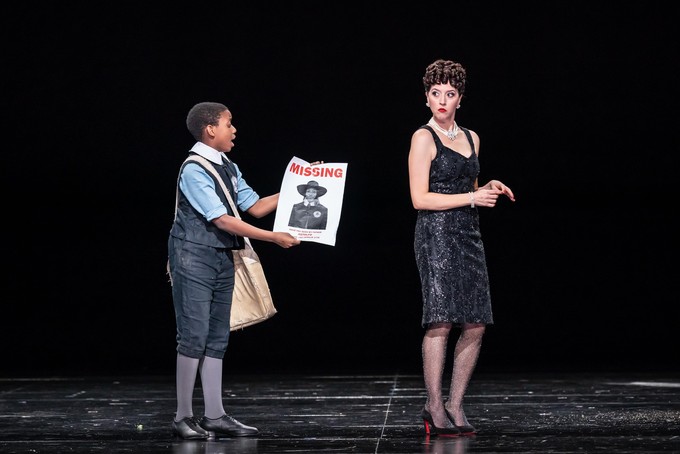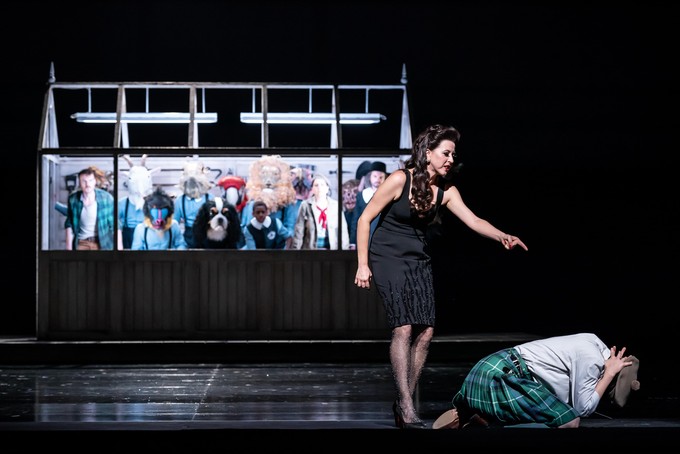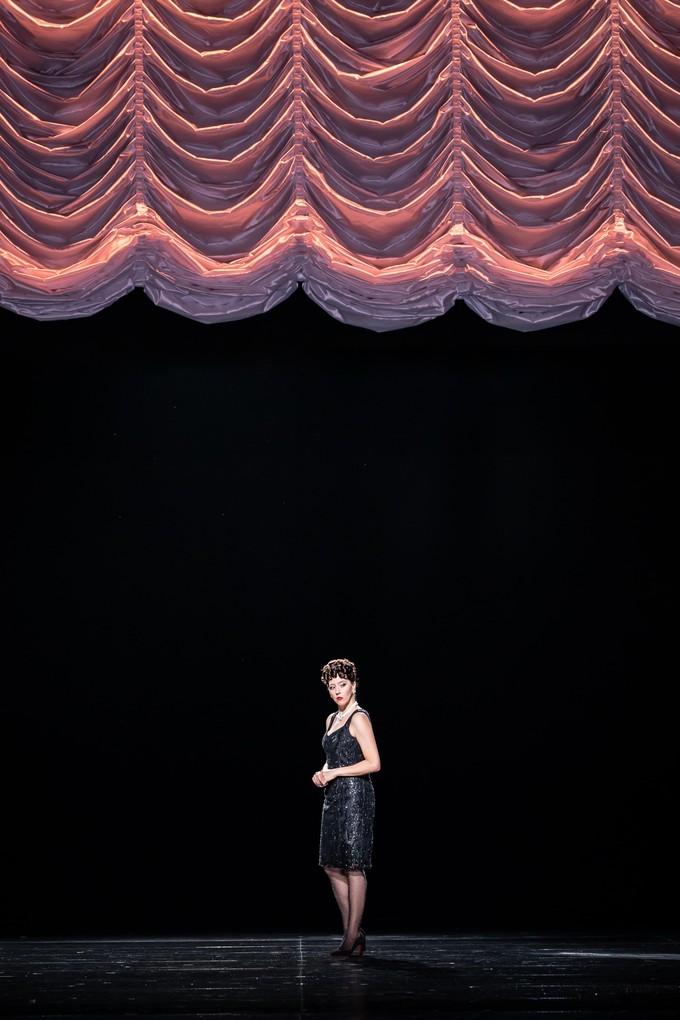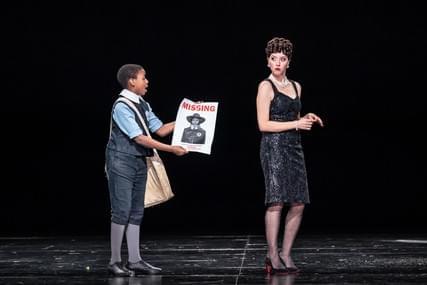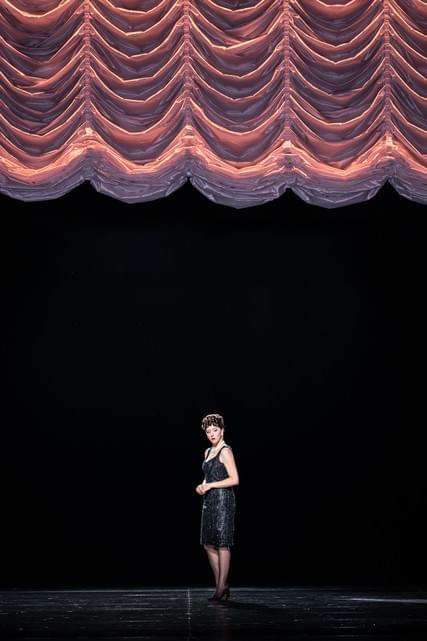Alcina in Alcina
Lisette Oropesa's portrayal of Alcina has been universally praised for its magnetism and vocal prowess, with critics from various publications highlighting common themes of grace, emotional depth, and technical mastery. Across the board, her performance in this challenging role is noted for the seamless blend of silkiness and strength in her voice, which allows her to navigate Handel's demanding score with apparent ease. Critics consistently emphasize her ability to convey the complex emotions of the sorceress, from the commanding power she wields to the vulnerability she experiences as her control begins to slip. Her rendition of "Ah! mio cor" is repeatedly singled out as a standout moment, with many noting her ability to deliver a profoundly moving performance that captures the fear and sorrow of the character.
Oropesa's interpretation is also celebrated for its youthful energy and the clarity of her soprano, which some reviewers liken to that of legendary sopranos like Maria Callas. Her stage presence is described as both magnetic and stylish, with a particular emphasis on how her physical embodiment of Alcina, from her striking costumes to her confident movement, complements her vocal performance. Critics appreciate how Oropesa's portrayal highlights the dual nature of Alcina—both powerful and vulnerable—bringing depth and nuance to the role. This combination of vocal skill, emotional depth, and commanding stage presence makes Oropesa's interpretation of Alcina not just technically proficient, but also an emotionally resonant experience that captivates audiences.
Lisette has been reviewed 15 times in this role.
Role Information
- Composer: George Frideric Handel
- Opera: Alcina
- Performances: 7
- Reviews: 15
- Venues: 2
- Organizations: 2
- Years: 2022 - 2025
Famous Interpreters
The role of Alcina in George Frideric Handel's opera "Alcina" was originally performed by the soprano Anna Maria Strada del Pò. The opera premiered on April 16, 1735, at the Covent Garden Theatre in London. Anna Maria Strada del Pò was an Italian soprano who was active in the early 18th century and is known to have been a favored singer of Handel. She performed in several of his operas, including notable roles such as Angelica in "Orlando" and the title role in "Ariodante." Her collaboration with Handel was significant during her career, and she was recognized for her contributions to his works.
In the 20th century, the role of Alcina was notably performed by Joan Sutherland and Renée Fleming, both of whom have documented recordings and performances. Joan Sutherland, active primarily from the 1950s to the 1980s, recorded "Alcina" in 1959, which remains a well-documented interpretation. Renée Fleming, active from the late 20th century into the 21st century, performed Alcina in several notable productions, including a documented performance at the Paris Opera in 1999. Both singers have established reputations in the operatic world, with extensive discographies and numerous accolades, although specific assessments of their interpretations of Alcina are beyond the scope of documented factual analysis.
About the Composer
George Frideric Handel, born in 1685 in Halle, Germany, was a Baroque composer renowned for his operatic and oratorio masterpieces. Trained in Italy and later settling in London, Handel's style combined German, Italian, and English influences, crafting music of emotional depth and dramatic flair. "Alcina," premiered in 1735 at the Covent Garden Theatre in London, is one of Handel's celebrated operas. He composed it during a time when his operatic ventures were competing with the rising popularity of English ballad operas. "Alcina" stands out for its enchanting portrayal of magic and transformation, drawing inspiration from Ludovico Ariosto's epic poem "Orlando Furioso." Handel's sophisticated vocal writing in "Alcina" showcases his ability to illuminate characters' psychological complexities through music. He masterfully utilized the da capo aria format, allowing singers to express nuanced emotions and demonstrate virtuosic techniques. This opera exemplifies Handel's genius in blending theatrical drama with exquisite melodic invention, ensuring its timeless appeal to opera aficionados.
Performance History
Lisette has performed Alcina 7 times.




